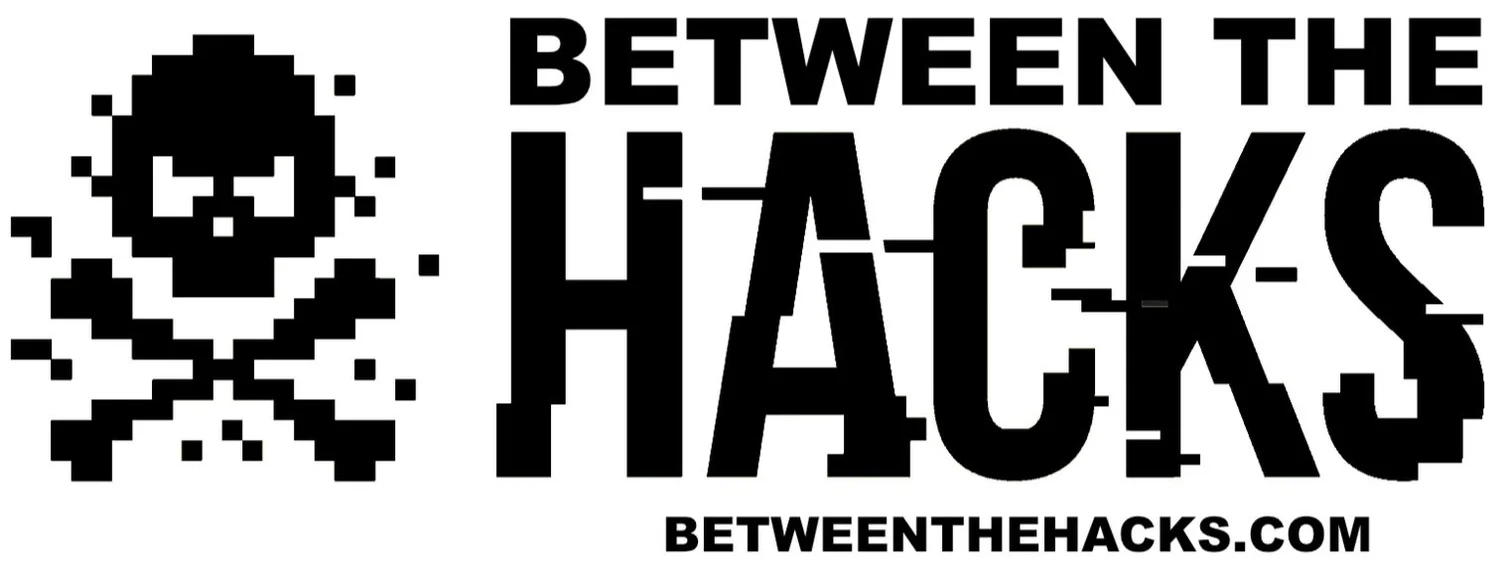BTH News 31October2020
This Week In Cybersecurity
This week on Between the Hacks: Week 5 of Cybersecurity Awareness Month, Trump Campaign site defaced, ransomware threat against U.S. hospitals, a Facebook MFA bypass attack and how to enable MFA on your accounts.
Happy Cybersecurity Awareness Month!
This October, Between The Hacks has shared Cybersecurity Awareness Month tips both in this blog and on social media.
Even though Cybersecurity Awareness Month is over at the end of October, we all need to be cyber-aware every day. To continue learning about how you can secure your online life, follow Between The Hacks on Twitter, LinkedIn, Facebook, and Instagram and get email updates by subscribing to Between The Hacks.
Trump’s Campaign Site Defaced
President Donald Trump’s re-election campaign website was defaced by attackers this past Tuesday. The defacement lasted about 90 minutes. “Visitors to the website donaldjtrump.com were not greeted with the normal calls for campaign contributions or offers of Trump-related merchandise, but instead a message which parodied the look of those typically used when the FBI seizes control of servers operated by cybercriminals” reports Graham Cluley.
Last week, Between The Hacks reported that President Trump stated at an Arizona rally that “Nobody gets hacked. To get hacked you need somebody with 197 IQ and he needs about 15 percent of your password.”
FBI & DHS Warn OF Ransomware Threat against U.S. Hospitals
On October 28th, the Federal Bureau of Investigation (FBI), the Department of Homeland Security’s (DHS) Cybersecurity and Infrastructure Security Agency (CISA), and the Department of Health and Human Services (HHS) released a joint cybersecurity advisory, stating that they have, “credible information of an increased and imminent cybercrime threat to U.S. hospitals and healthcare providers.” CISA, FBI, and HHS are sharing this information to provide warning to healthcare providers to ensure that they take timely and reasonable precautions to protect their networks from these threats.”
Last week, “St. Lawrence Health System hospitals in New York and Sky Lakes Medical Center in Oregon confirmed a ransomware attack forced the health systems to disconnect and shutdown their systems” according to Bitdefender.
As this is a developing story, you can follow KrebsOnSecurity’s coverage which will include updates to the story.
Facebook SCam Attempts To Bypass MFA
A clever new phishing attack against Facebook members is using the threat of action against copyright violations, to trick users into sharing their login information and multi-factor authentication (MFA) code.
Naked Security walks through the attack which starts with an email, notifying the victim that there are copyright violations on their Facebook page. The victim is directed to a malicious appeal page that is actually is hosted on facebook.com rather than a look-alike domain.
During the process of filing the appeal, the victim is prompted for his or her Facebook username and password, and is then prompted for their multi-factor authentication token.
To prevent becoming a victim, check email senders carefully, check the address or links in email and on pages in social media. Also, follow the tips outlined in this Between The Hacks Phishing article.
Tip of the Week
Enable Multi-Factor Authentication (MFA)
As we saw in the Facebook scam above, attackers are targeting multi-factor authentication to gain access to victim’s accounts. But just because attackers are trying to trick users into sharing their MFA codes, doesn’t mean you shouldn’t use MFA. In fact, enabling MFA on your accounts is one of the best ways to greatly reduce the likelihood that your accounts will be compromised.
Not all web sites and applications support MFA but many do. To see which sites support MFA and obtain instructions about how to enable MFA, check out the Two Factor Auth List and read the MFA article from Between The Hacks.









